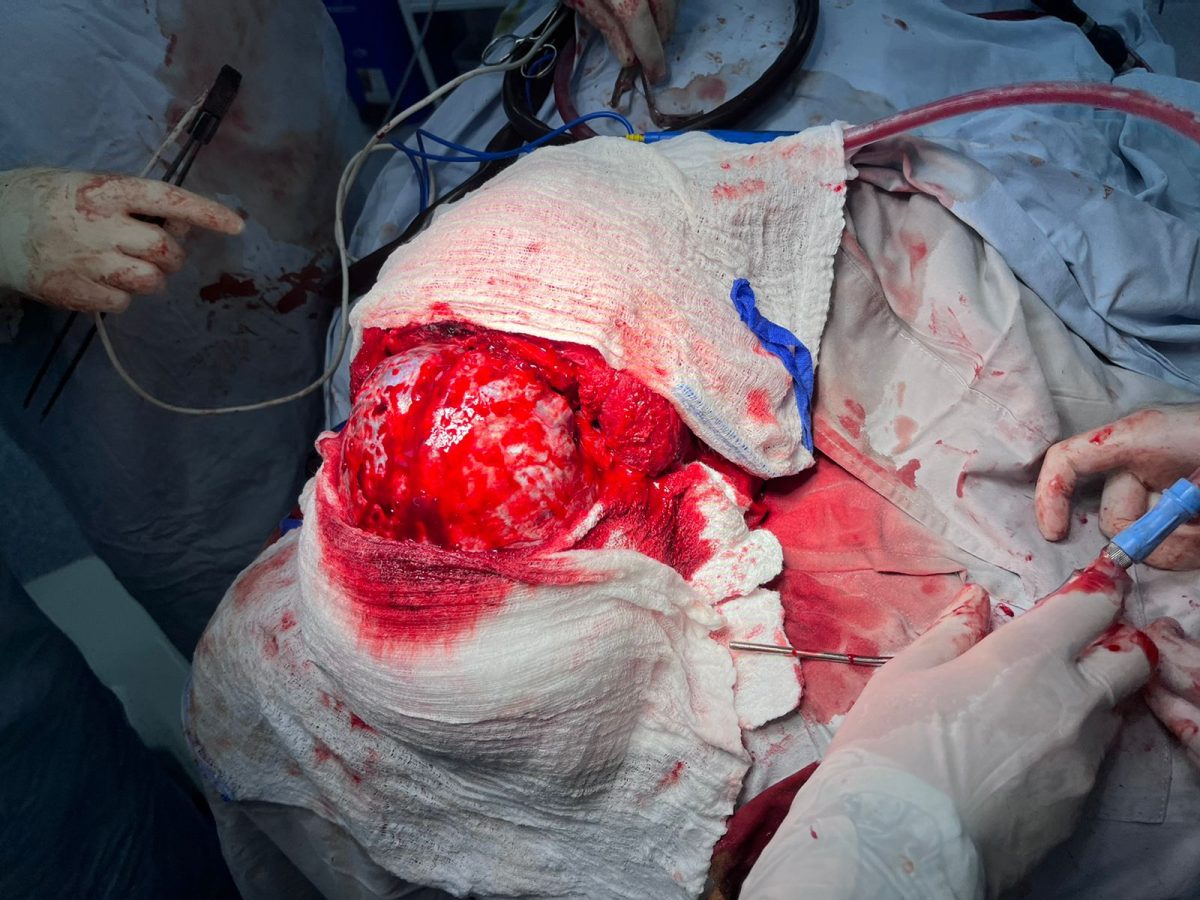Medellín faces an unsettling financial crisis in the medical sector as hospitals lack resources to acquire medical supplies and pay specialists.
For months, doctors have faced difficult times, stress, and anxiety products to delay, or no pay at all have had negative effects on the work dynamics of clinics and hospitals, affecting the overall health services provided to patients. A neurosurgeon, employed in el Hospital General de Medellín, Clínica las Vegas and La Maria, and a gynecologist employed in Clínica Antioquia, share their perspective and implications on their financial situation, providing in-depth insight of the impact of financial strain on specialist doctors, and the implications it has on the medical care they can supply to patients.
“When hospitals and clinics lack resources, they cannot also buy medicine and equipment for us to work with. For instance, when we pre-order medicine for certain pathologies, and these resources are scarce, we cannot provide the correct attention. When surgery rooms are unavailable, procedures become slower, since we rely on less equipment for an ever-increasing number of patients,” Affirms the gynecologist.
Delayed pay has significant personal implications for doctors, they are humans too. Stress, anxiety, and knowing their financial situation is not guaranteed to be stable consequently take a toll on their mental health and their ability to pay debts, acquire services, and comply with their financial responsibilities. This situation has forced doctors to tightly adjust their budget and optimize resources, ultimately settling into a lifestyle not coherent with the income they should be receiving. This translates into tense work dynamics in workplaces.
“This has been a problem for nearly half a year, their payments started to be delayed more and more, until recently they haven’t paid. All people have obligations of different nature, with our families, our colleagues, and other economic institutions. It’s a devastating impact on the work dynamic in the hospitals I work in,” Affirms the neurosurgeon.
Doctor Franco’s Colleagues have shared similar situations. For instance, his neurosurgeon colleague highlighted how something that used to be routine, like providing maintenance to his car in an authorized dealer to maintain its warranty has become impossible.
“I am on the verge of selling the vehicle. The financial strain has forced me and my family to tightly adjust our budget, and maintaining such an expensive vehicle, that I worked hard on, has become financially impossible,” affirms the neurosurgeon.
Although specialists currently lack proper pay, medicine usually has moral and ethical implications; specialties like neurosurgery, cardiovascular surgery, trauma surgery, etc often receive patients on the verge of life or death, where adhering to protests and refusing to provide their service is against their ethics, morals and values.
“Regardless if they pay me or not, I have an ethical and moral duty to provide the service. I work with a very poor subsidized group of people. They come from far away, in poor areas, with difficulties getting here, and with grave medical conditions. I simply cannot refuse to provide them with medical care, it’s not right to do so,” claims the gynecologist.
Patients from all socioeconomic levels have also seen the consequences of the financial crisis. Not only is the decreased morale and performance of doctors affecting the service, but hospitals are unable to pay to acquire needed equipment and medicine for the complex pathologies these doctors deal with daily. Offices have been cut down, so more patients are crammed in fewer Offices in a tighter time-lapse, meaning they receive more rushed services in less time than needed to provide the required attention. Surgery rooms and equipment have been significantly cut down in number, slowing down procedures.
“When hospitals and clinics lack resources, they cannot also buy medicine and equipment for us to work with. For instance, when we pre-order medicine for certain pathologies, and these resources are scarce, we cannot provide the correct attention. When surgery rooms are unavailable, procedures become slower, since we rely on less equipment for an ever-increasing number of patients,” highlights the neurosurgeon.
Ultimately, hospitals also rely on funding from the government to properly operate. Opinions on upcoming policies that will shape the financial landscape of hospitals are divergent among the people, although most doctors seem to settle on one side of the spectrum. Corruption has had a devastating effect on all sectors, but it has seen a catastrophic effect on healthcare. For instance, Doctor Margarita shares her opinions on Petro’s administration’s proposal for health reform.
“The health reforms planted by the current administration would be catastrophic, with devastating consequences. Corruption and disorder would not allow it to thrive. We have one of the best healthcare systems worldwide. It would require specific regional interventions to alleviate the situation,” Affirms the gynecologist.
This is a problem that requires urgent intervention. Doctors need to be paid for what they work for, patients need to receive the medical care they deserve, and hospitals need resources to acquire medical equipment and medicine. The people are hopeful for prompt change as proposals for reforms in the healthcare system advance. While some suggest it is the solution to fix the financial crisis, some suggest the most important intervention is against the corruption that invades the economic processes.
“The most impactful policy would be the eradication of corruption in the system. When corruption is involved in such processes, the few resources available are deviated,” Conceded both doctors.



